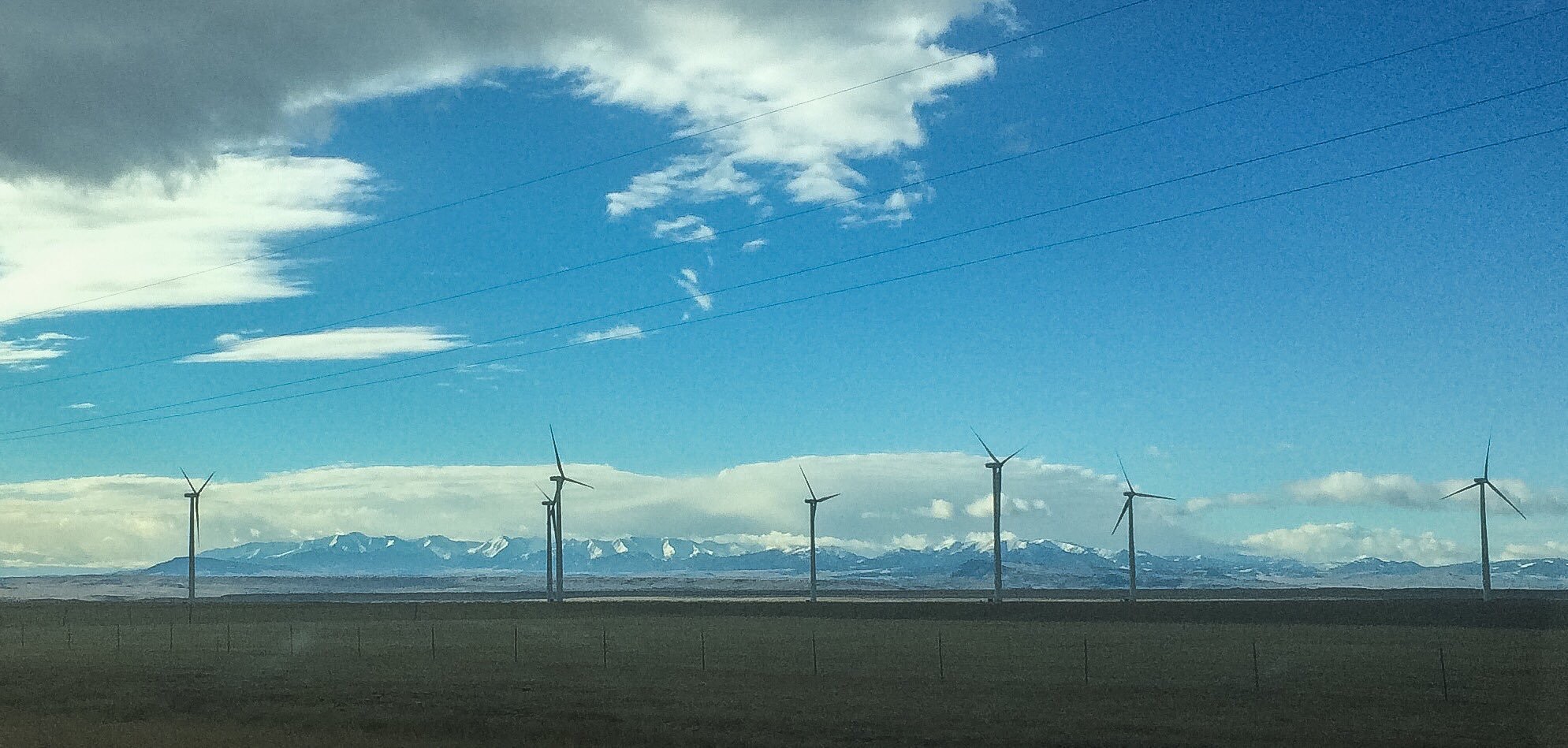A friend of mine, a hydrologist doing actual hydrology, simplified something I’ve been thinking about. He said when his work crosses over to the environmental field it’s like a vacation. There’s no charts or data to analyze. It’s simply check-the-box, compliance, and explaining. “There’s no real science anymore.” That’s the line that hit me. Although I refer to myself as an environmental scientist, I’d been thinking about how I do little actual science. Then he said it. “There’s no real science left in the environmental field.” Bam! He’s right, from a certain point of view. Is science gone from the environmental field?
The check-the-box statement hits close to work. I’ve been involved in countless jobs where I felt this sentiment. Can we “check the environmental box” and move on? Meaning, is the environmental review or assessment finally over so the “real work” can progress? From a point of view, yes, it looks like the environmental part of the project is only that box. But there’s a lot of science within that box. It can represent air quality, contaminated soil or water, biological impacts, radiological contamination, climate impacts, etc. Data collection, chemistry, calculations, and/or analytics were involved to reach a point where some one outside the field only sees that box.
An often underestimated step of the scientific method is to communicate your findings. An influential professor gave me one of the best pieces of advice regarding this. He kept reminding us, “You have to be able to talk and write about your work.” Good science communicated poorly can get lost. Whereas simple science that is presented well can be powerful.
That’s where good storytelling becomes a powerful tool in the scientific processes. Too often the word, “environment” is dismissed or politicized. If you frame your science with a story that hits at the home or the heart, you make environmental science more impactful. A good example is the “hockey stick” graph that became a powerful tool in educating people about climate change. The science was summarized into something relatable – a hockey stick. He who tells a good story…controls the world.
When I started drafting this I was lamenting that science is gone from the field. Through writing, I have convinced myself that there is a wide range of good science in the field, despite the check-the-box mentality. See what a good story can do.

